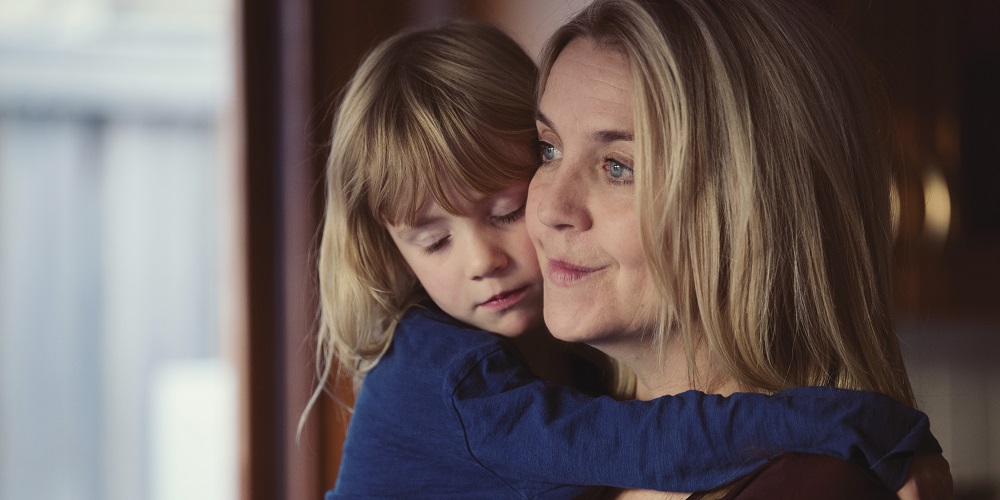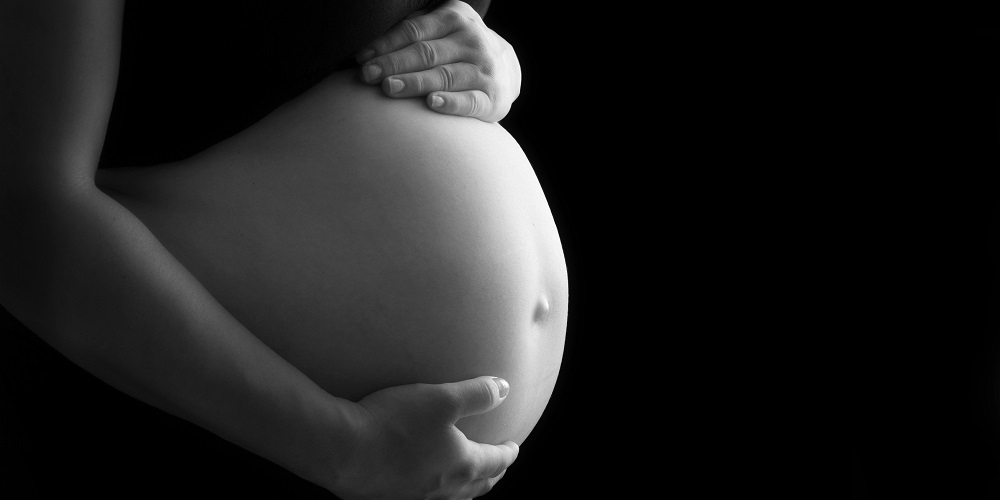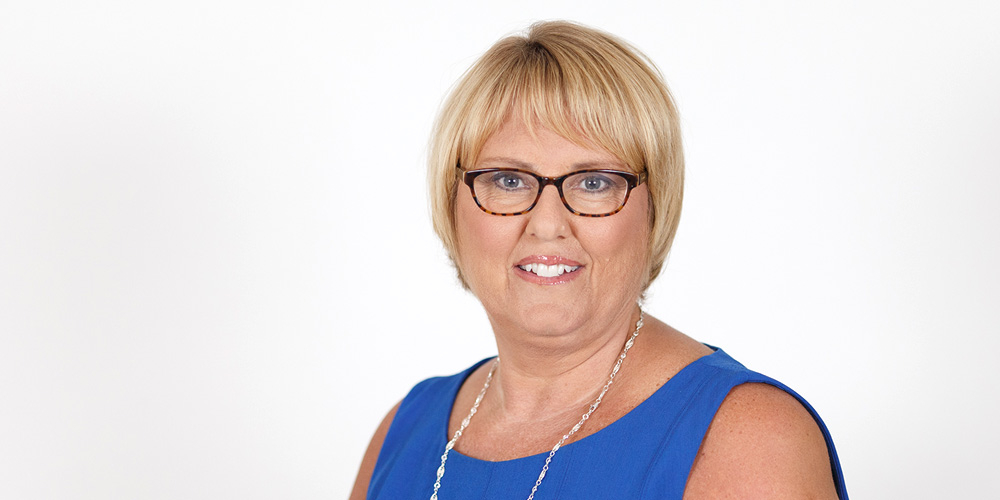
The Women’s has today launched A Future Free from Violence, a strategy outlining our focus areas for preventing violence against women.
Intimate partner violence contributes eight per cent of the disease burden in Victorian women aged 18-44 and is the leading preventable contributor to illness, disability and death.
CEO Dr Sue Matthews said as a specialist hospital, the Women’s was in a unique position to intervene early and assist women and their children to safety and recovery from violence.
“Family violence is a health issue. Our vision is a future free from violence in which healthy, respectful relationships are the norm,” Dr Matthews said. “Achieving this vision requires a holistic strategy for health care that incorporates prevention through education and cultural change, early identification and intervention, first line and crisis responses, and therapeutic programs that support recovery.”
The strategic focus areas for the Women’s are:
Prioritise the safety and wellbeing of our people exposed to violence professionally or personally.
Educate and support our people to enhance their capacity, capability and comfort in sensitively inquiring about violence.
Promote a culture of gender equity for our patients and our people in which women are safe, respected and valued members of the community.
Conduct innovative research to enhance our knowledge, inform our specialist services and contribute to the evidence base of violence against women as a health issue.
Provide state-wide leadership to the health sector and advocate for the role and resourcing of hospitals in responding to violence against women and family violence.
Influence and inform policy and sector reform on gender equity, violence against women and family violence.
The Women’s, with its regional partner Bendigo Health, has been leading the state-wide roll out of the Strengthening Hospitals Response to Family Violence which includes training front line health staff across the state in how to identify, respond and support women who have experienced family violence. To date, 3000 healthcare staff have been trained.
The health impact of violence against women
One women dies every five days in Australia due to family violence. One in six Australian women have experienced physical or sexual violence from a current or former partner.
Women who experience violence are twice as likely to experience depression, stress and anxiety disorders, self-harm and suicide attempts, sleeping and eating disorders, and lower self-esteem, and are almost twice as likely to use alcohol and other drugs compared to women who live free from violence.
The sexual and reproductive health consequences include women having less reproductive control, increased sexually-transmitted infections, and higher rates of pregnancy complications and terminations.
The gynaecological issues include vaginal bleeding and infections, chronic pelvic disorders, urinary tract infections, fistulas, painful sexual intercourse, and sexual dysfunction.
Violence against women costs an estimated $21.7 billion a year to the Australian economy.
The Royal Commission into Family Violence identified the role of hospitals in mitigating these impacts through primary prevention, and early identification and response to family violence. Recommendation 95 outlines that the Victorian Government resource public hospitals to implement a whole-of-hospital model for responding to family violence, drawing on evaluated approaches in Victoria and elsewhere (within three to five years).
Read related content from the Women's
-
 Family violence program rolled out across Victoria
Family violence program rolled out across VictoriaA program developed by the Women’s and Bendigo Health that identifies and supports patients experiencing family violence is to be rolled out to 27 healthcare services across Victoria, the Government announced today.
Learn more -
Overview - Centre for Family Violence Prevention
Centre for Family Violence Prevention - overview
Learn more -
 Increased focus on hospitals’ role in family violence response welcomed
Increased focus on hospitals’ role in family violence response welcomedHospitals are uniquely placed to provide women with a safe place to disclose family violence and link them with family violence services
Learn more -
 Family violence is a health issue
Family violence is a health issueViolence before pregnancy is a strong indicator of violence during pregnancy
Learn more